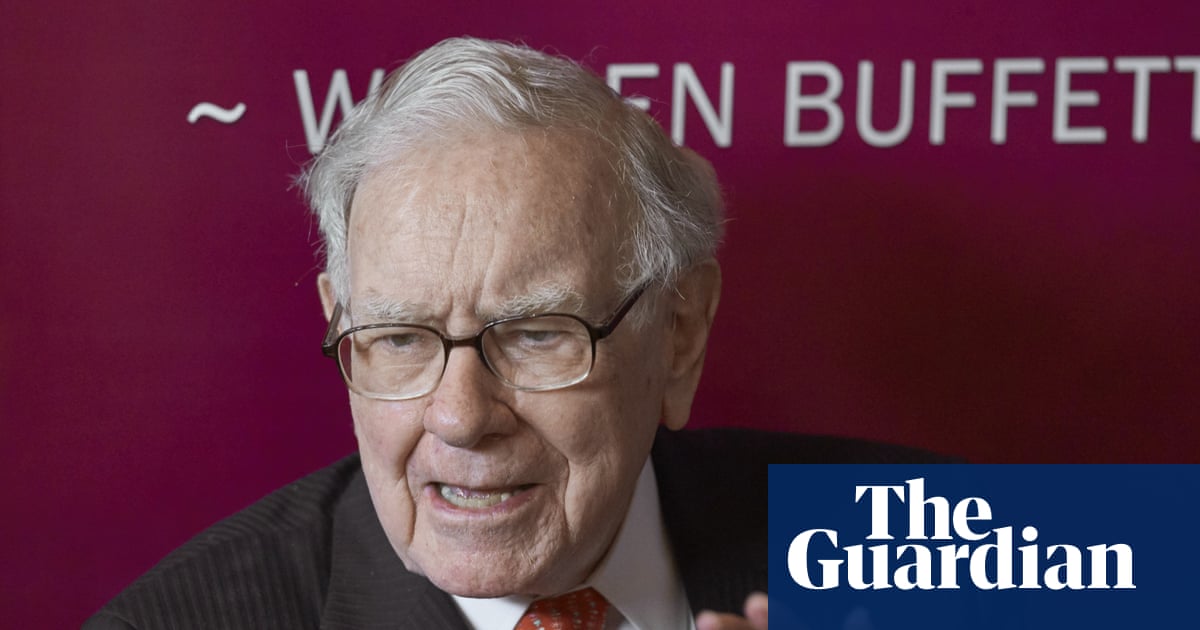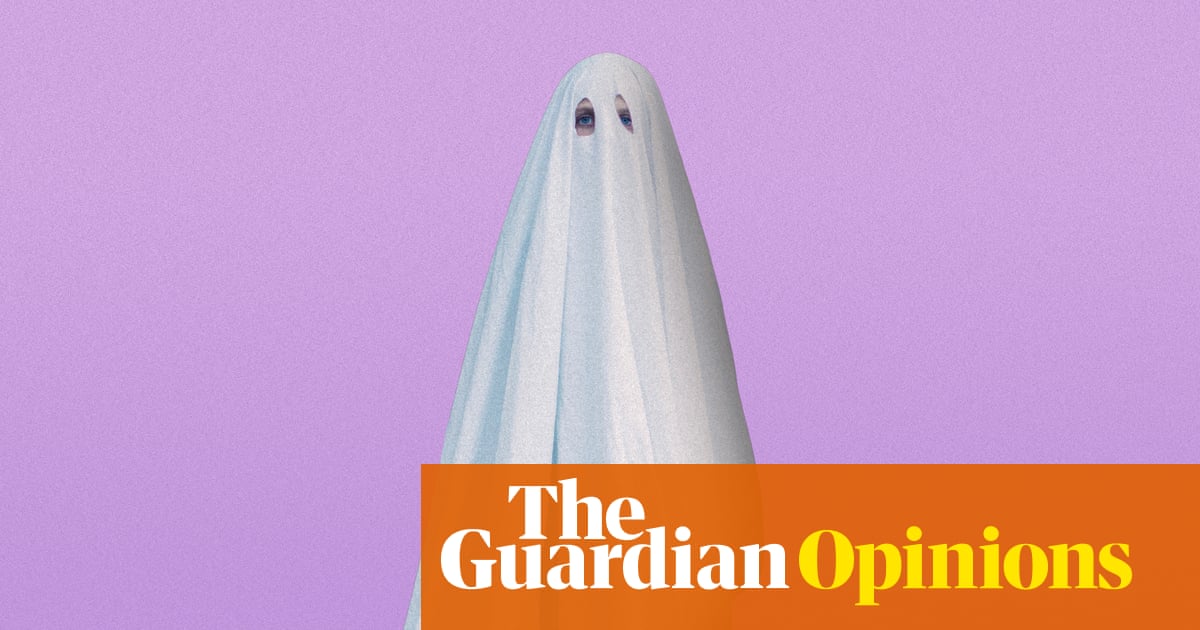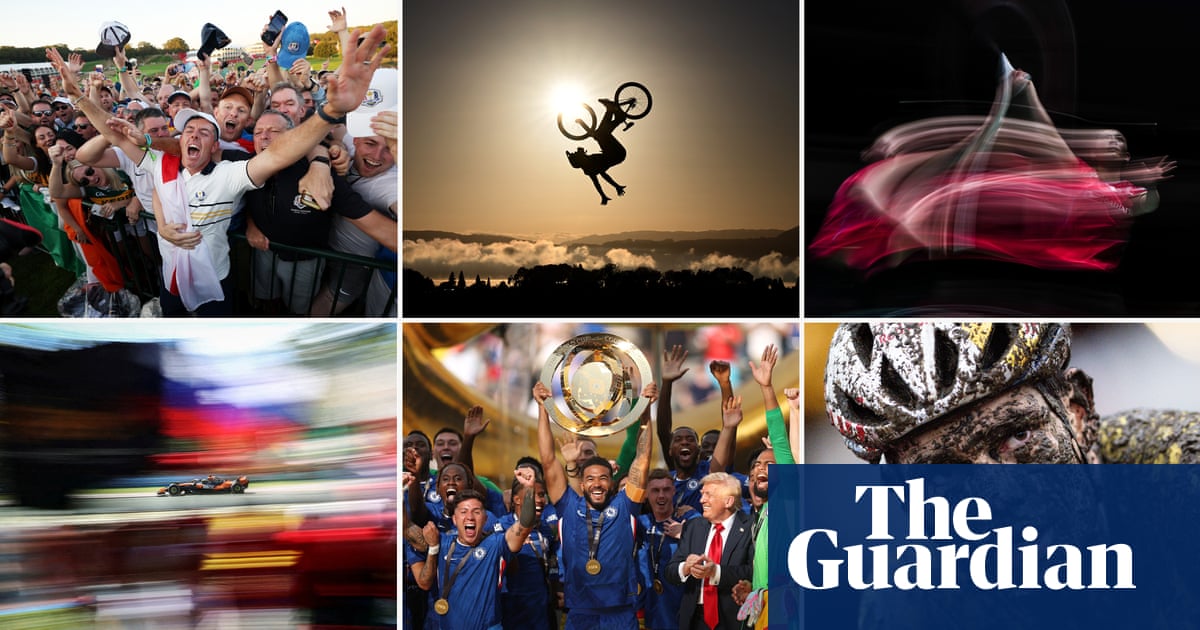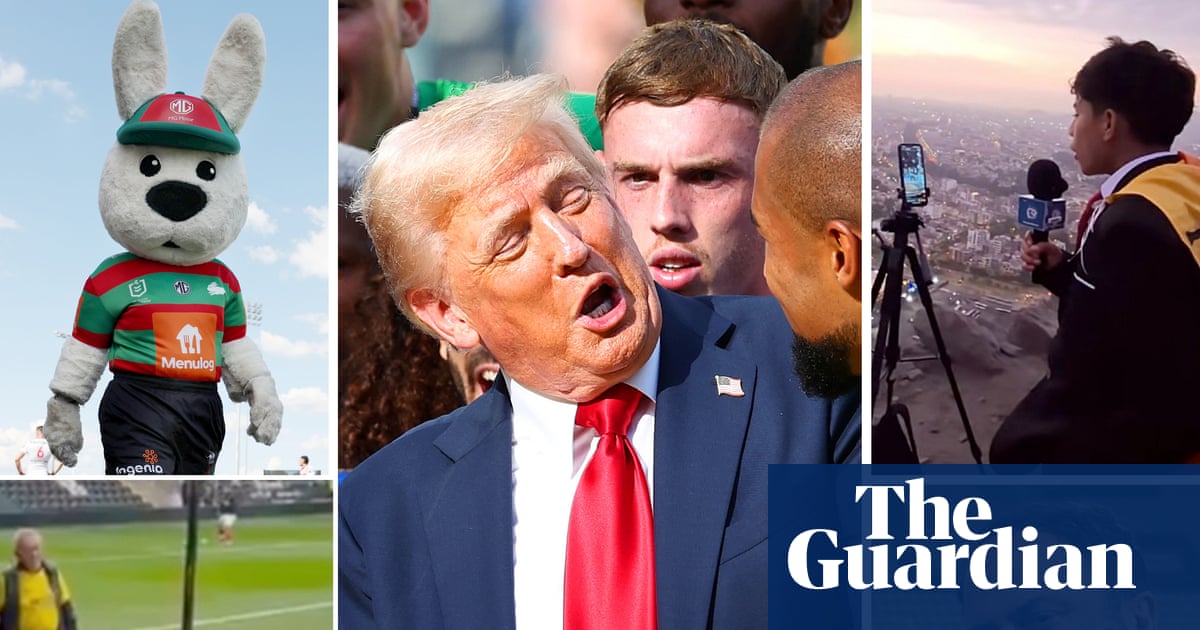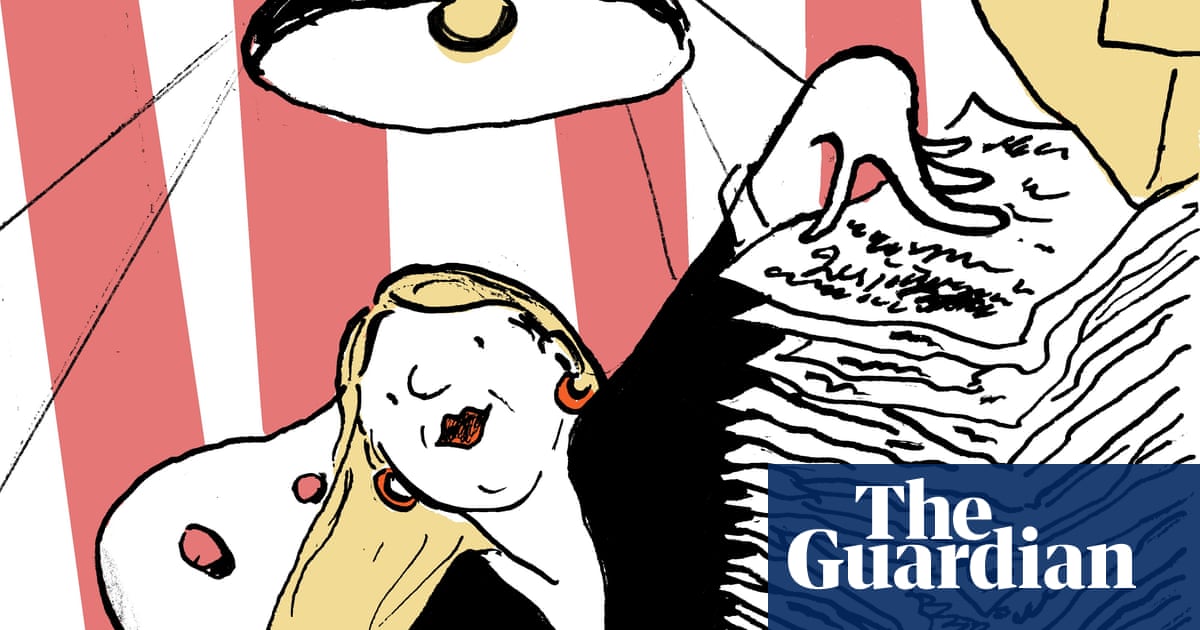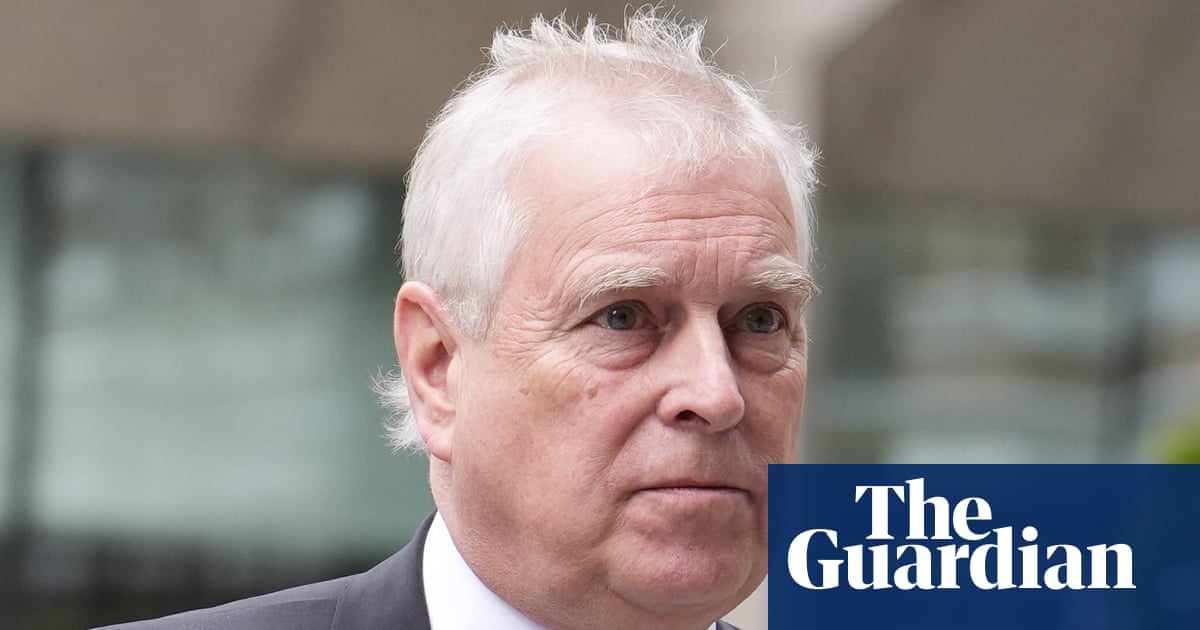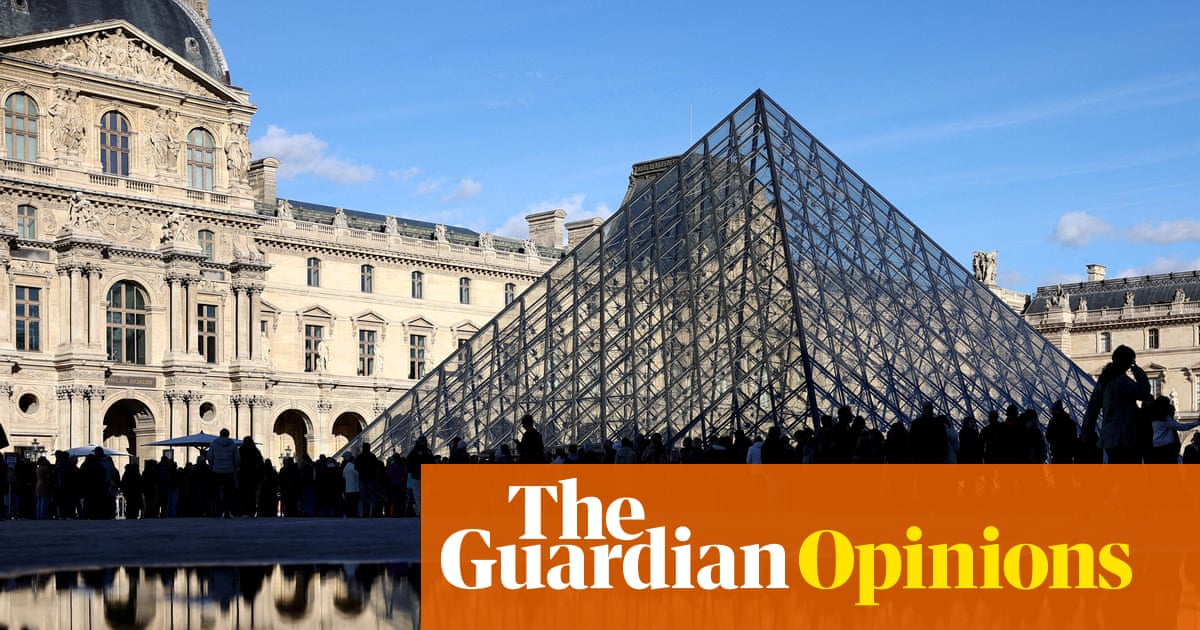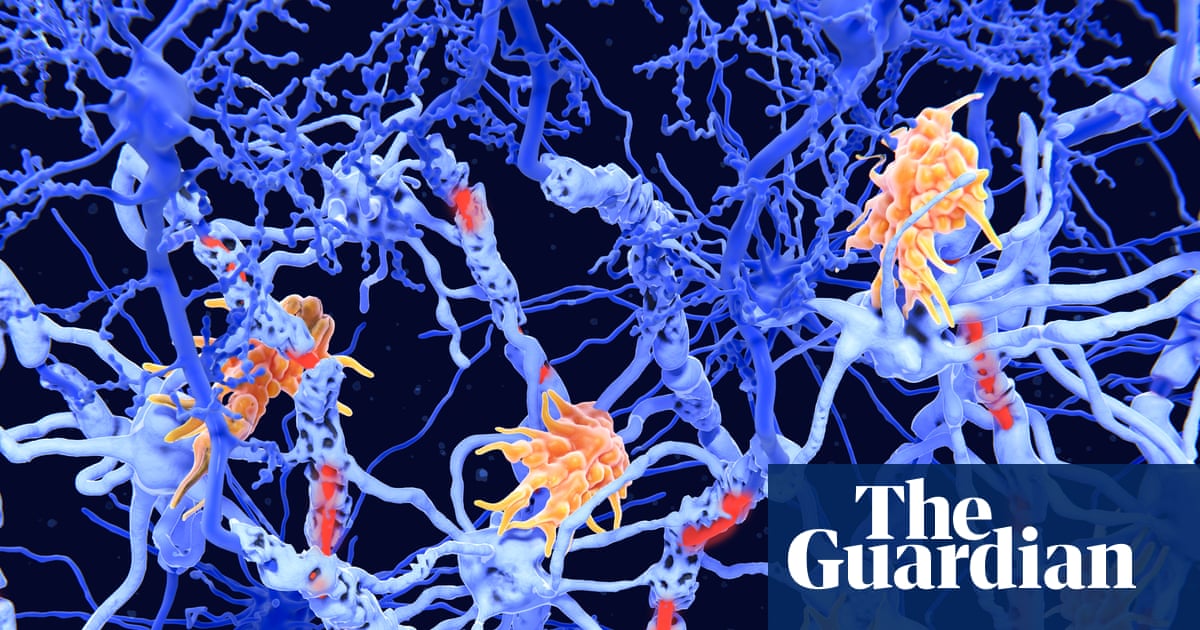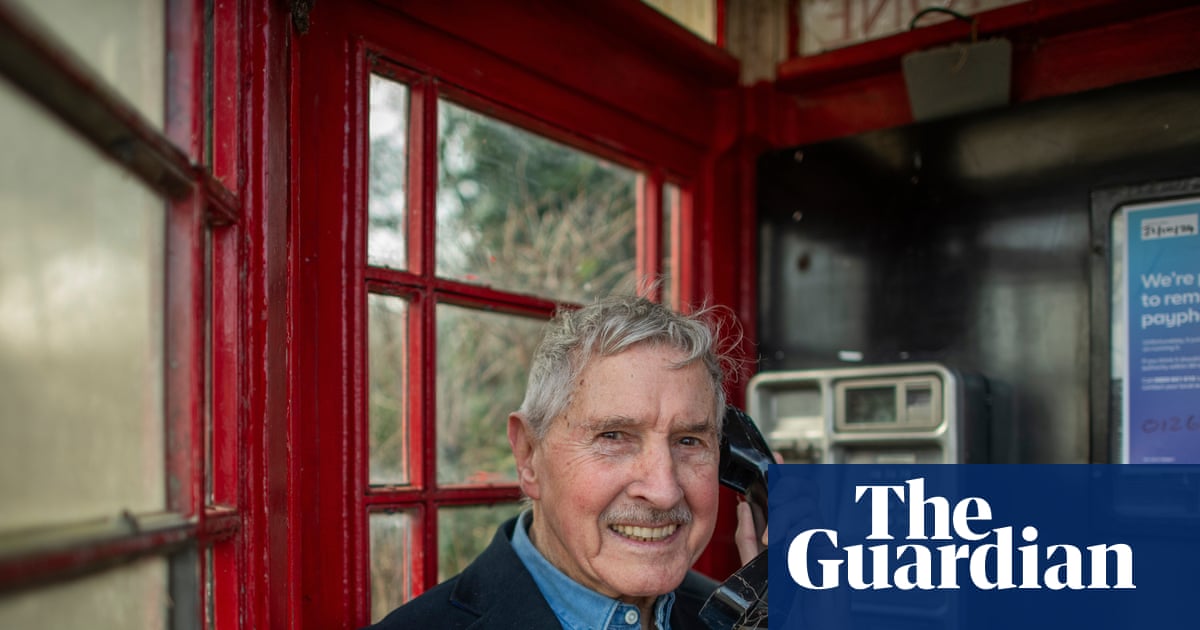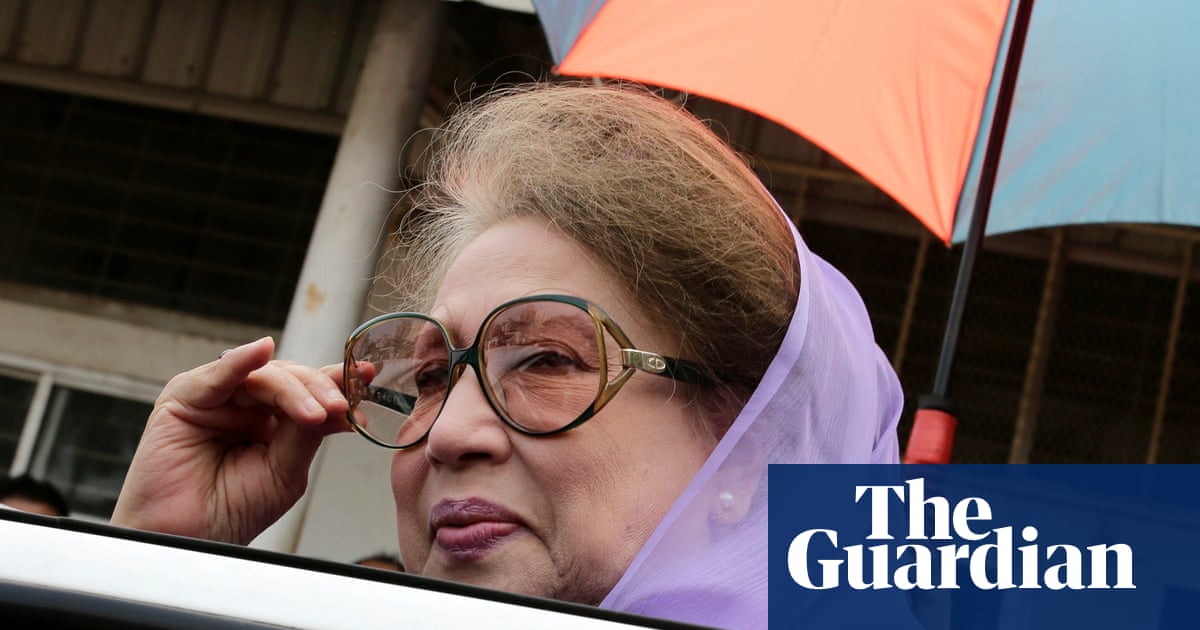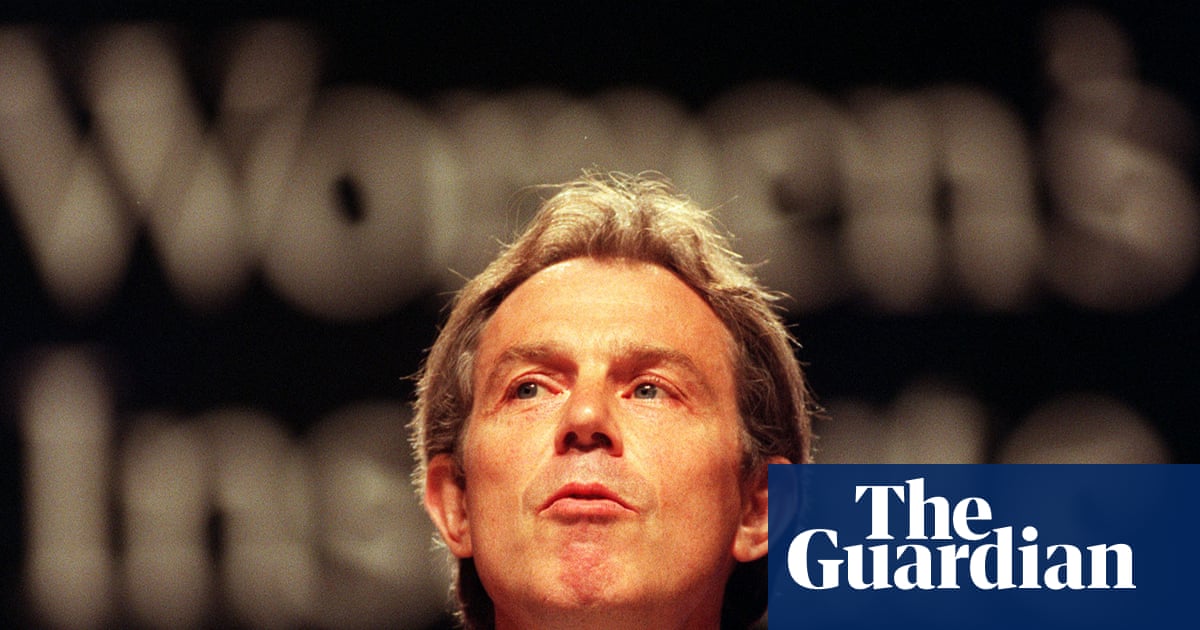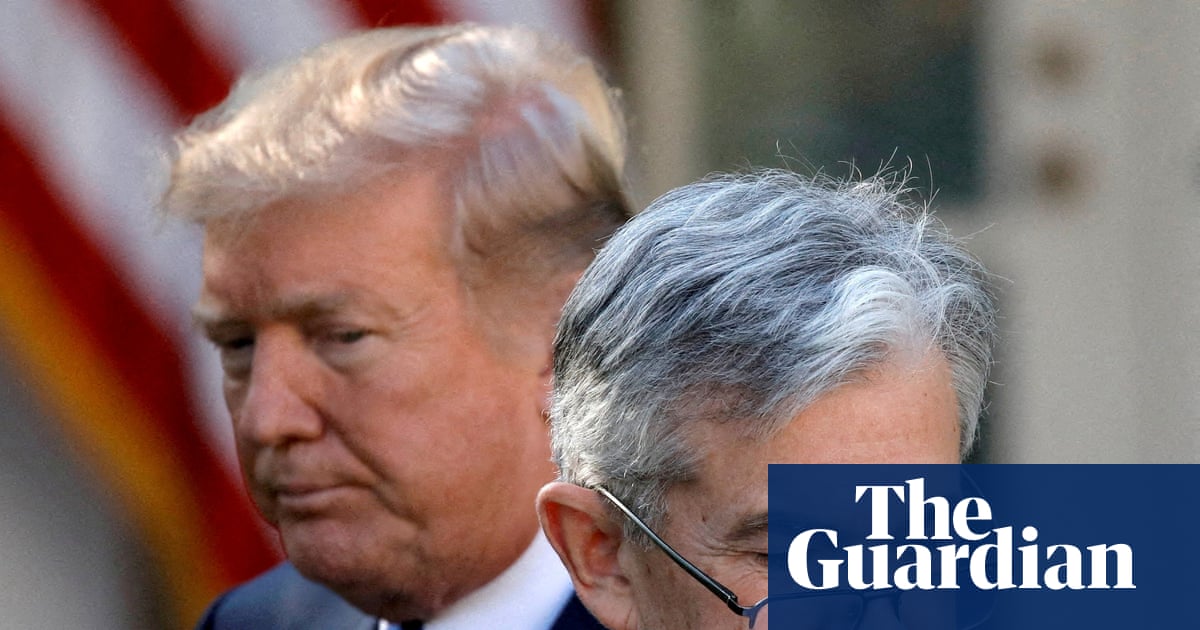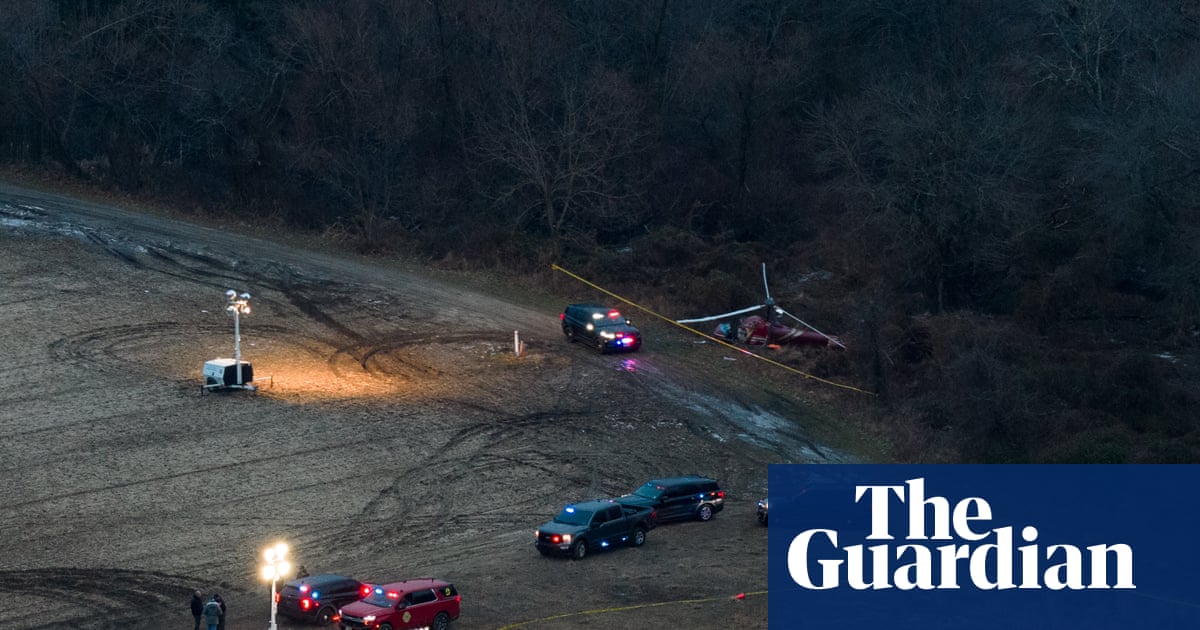Eleanor Roosevelt, Doc Evatt, Jessie Street, Dag Hammarskjöld and the other founders of the United Nations must be spinning in their graves.
No one who believes that the world could be a better place thinks that the UN is perfect, but the language the US president used in his address to the general assembly offered no hope.
When he began by threatening the operator of the Teleprompter with “very big trouble”, the audience of world leaders tittered with nervous laughter. It was clear that the elected leader of the nation that has done much to shape the world for 80 years was in full bully mode. And so he rambled on for 57 minutes, 42 minutes more than he was allocated, telling the leaders that their countries were going to hell, that the climate crisis was a “con job” and that the UN was “funding an assault on western countries and their borders”.
Still, they managed to applaud him for 20 seconds at the end and smiled into the camera for selfies with the man who made clear his contempt for science, civilised values and human flourishing.
The normal rules of diplomacy, grounded in politesse, quiet persuasion and trust, are proving to be woefully inadequate, just as the normal rules of international relations were found woefully inadequate more than 80 years ago.
Fifty-one nations signed up to create a new world order from the ashes of the second world war, aiming, as Hammarskjöld – the influential second secretary general – liked to say and UN officials now quote as a mantra: not “to take mankind to heaven but to save humanity from hell”.
Smaller countries were keen to join and Australia’s HV “Doc” Evatt, the third president of the general assembly, played a major role in making this possible. He also signalled Australia’s entrance on the world stage as an influential independent nation alongside Jessie Street, one of only eight women at the first assembly in 1945. She insisted that the UN charter recognise the damage of sex discrimination. This was a legacy the prime minister, Anthony Albanese, noted, despite his diffidence about history, in his speech to a much less crowded room the following day.
Now with 193 member states and a world transformed by independence, development, education, opportunities for women and massive reductions in poverty and starvation, the “scourge of war” has not been eliminated. Armed conflicts are raging around the world. Battles are killing hundreds of people every day, many invisible in the west, but several are broadcast live and in horrifying detail. Pope Francis’s observation in 2014 that we are in “a third war, one fought piecemeal” feels still apt and fosters feelings of helplessness.
This made the US president’s belligerence feel particularly off-key. It is tempting to think that this is just the rant of a narcissistic leader who no one has the courage to correct, but that is a misreading of the forces at play.
Over the decades, as the UN has evolved to better serve a vastly different world than the one that emerged in the 1940s, its activities and mission have changed. Development became a major priority at the UN as it helped nations to grow, helped lift millions out of poverty, de-risked international investment in poor nations and educated women and children, as Susan Brown, the former Australian journalist who is now the assistant administrator and director at the UN Development Programme, has noted.
This was crystallised in 2015 with the enthusiastic adoption of the eight millennium development goals (MDGs) – a 15-year road map to a sustainable future, eradicate extreme poverty, ensure universal education, environmental sustainability and gender equality. These goals provided a 21st-century framework that reinterpreted the ambitions of the global organisation. When combined with the Paris climate agreement later that year, they were, as the economic historian Adam Tooze has put it, “the high point of reformist ‘global governance’”.
Earlier this year, about the same time as it decimated USAID, the US retreated from its earlier support for the MDGs. Its new policy “rejects and denounces the 2030 Agenda for Sustainable Development … Although framed in neutral language, Agenda 2030 the SDGs advance a program of soft global governance that is inconsistent with US sovereignty and adverse to the rights and interests of Americans”.
Millions will suffer and die and not achieve their individual and collective potential as a result, but there will be some winners.
For years, Quinn Slobodian has been studying the minutiae of the formation of neoliberalism and its role in shaping the Maga agenda. In his new book, Hayek’s Bastards, he traces the connecting tissue that helped elect the current US president. The collapse of the cold war signalled a new political battlefront for the most fervent believers in the primacy of the market, he argues. For them, “the social movements of the 1960s and 1970s had injected the poison of civil rights, feminism, affirmative action, and ecological consciousness into the veins of the body politic”. He says neoliberals tried to “erect a bulwark against the encroaching demands of progressives and hopefully roll back social changes to return to a hierarchy of gender, race, and cultural difference they imagined to be rooted in genetics as well as tradition”.
It appears this was the mentality Trump was channelling from his bully pulpit in New York. A world order shaped not by aspiration and inclusion but by fear, winners and losers, racialism and crude exclusionary nationalism.
Although to do so would have risked further revenge by a humiliated man, it’s a shame more of the world’s leaders did not turn their backs or walk out during the US president’s address.

 3 months ago
59
3 months ago
59
